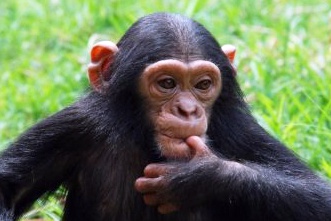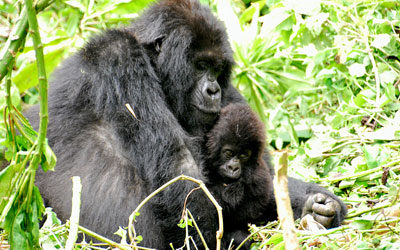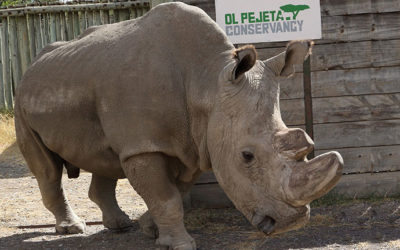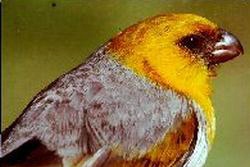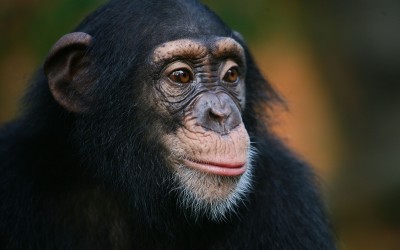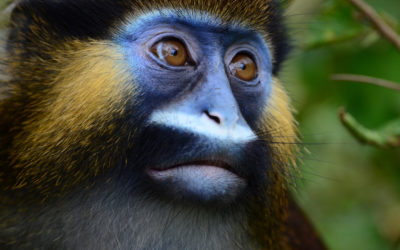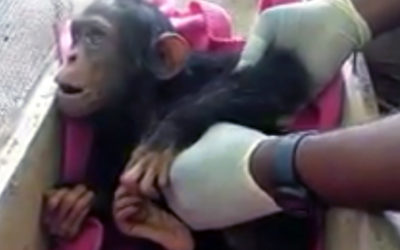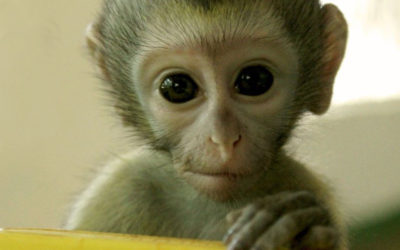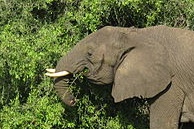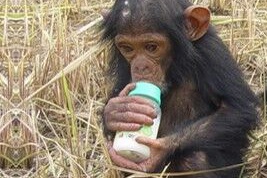New Study Shows the Impact of PASA Members on Primate Protection
PASA wildlife centers are making a difference through education, community development, animal rescue and long-term care.
By Natasha Tworoski
Across the continent of Africa, wildlife sanctuaries are working hard to better the lives of their native animals. From improving electrical lines to protect monkeys from accidental electrocution to educating communities about the misconceptions of traditional medicine using ape bones, the responsibilities of a sanctuary extend well beyond helping injured and orphaned animals. While each sanctuary faces unique trials, having a means to communicate and share knowledge of successes and challenges with one another can save each sanctuary effort and resources. This is where the Pan African Sanctuary Alliance (PASA) comes in.
Founded in 2000, PASA is a non-profit charity with 23 member sanctuaries across 13 African countries. While PASA’s members are very diverse, they share a main goal: to provide a safe and secure home for African primates in need. Joining the Alliance requires complying with an extensive list of requirements including organizational planning, a strong financial base, high standards of veterinary treatment and animal care, and conservation education programs.
PASA advocates for its member organizations, provides vital support, and works with them to raise awareness internationally about wildlife conservation and animal welfare. The combination of PASA’s global network and its member organizations’ local expertise and experience uniquely positions the Alliance to produce lasting changes to protect Africa’s great apes and monkeys.
In December 2016, PASA completed an extensive survey of its member wildlife centers. The results show that the centers conduct a wide range of education programs, community development projects, and other work to protect wild primate populations, in addition to rescuing animals from wildlife trafficking and the bushmeat trade and providing long-term care.
Since many of the countries that PASA members reside in are impoverished, providing job opportunities helps sanctuaries to integrate into the local communities. PASA members currently employ 700 African staff. By supplying stable, fairly waged positions and investing in training staff, over 3,000 animals have found a safe, secure place to call home at a PASA sanctuary.
The 22 wildlife centers’ education programs reach more than 500,000 people every year, and their sanctuaries host 153,000 visitors annually. Most of the centers have developed income-generating projects in neighboring communities and improve local agricultural practices, and many provide job skills training. These programs empower communities to break the cycle of poverty so they will no longer be compelled to illegally hunt primates or exploit protected land.
PASA’s members also protect wild primates more directly: most regularly send forest patrols into wildlife habitat, and members in seven countries have successfully worked with government agencies to establish new national parks and other protected areas.
This has all been accomplished in extremely challenging conditions. Fewer than 40% of PASA member organizations members have consistent access to the internet, fewer than 60% have consistent phone connections, and close to 20% lack reliable access to water.
The report on the census of PASA member organizations is available online (please click on “2016 PASA Census Report”).
To learn more and to support primate centers in Africa, please visit PASA’s website.
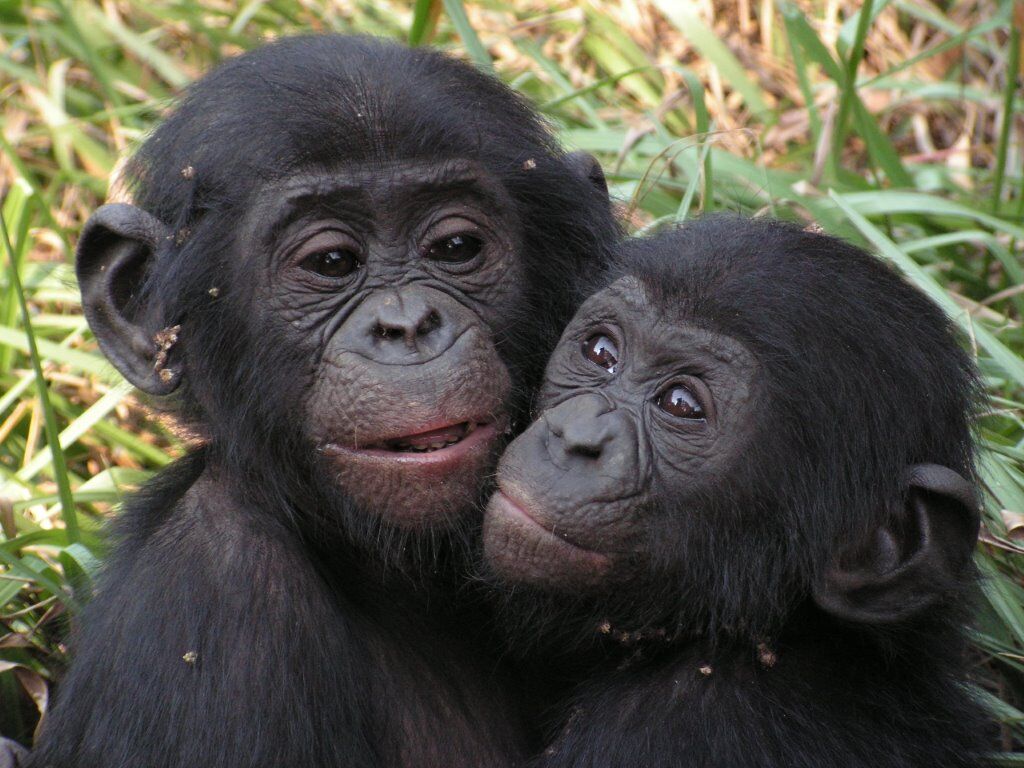
Two young bonobos at PASA member Lola ya Bonobo. Like many primates at PASA sanctuaries, they were rescued from the black market pet trade.
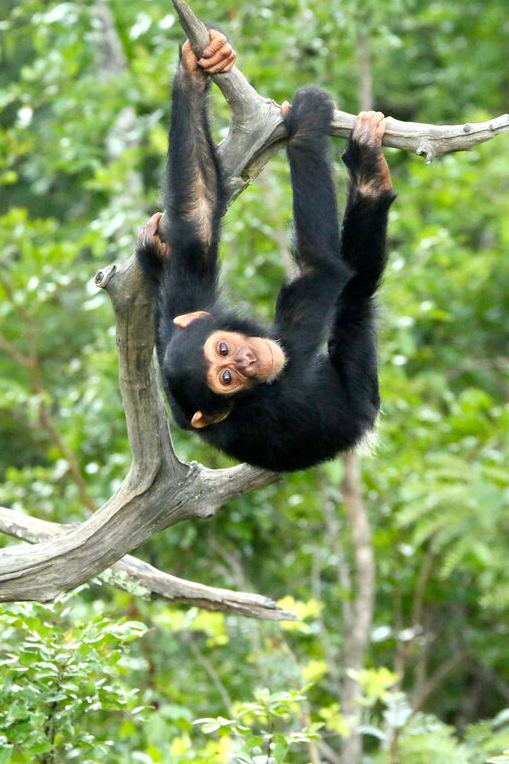
PASA member Chimfushi offers a safe haven to 120 chimpanzees.
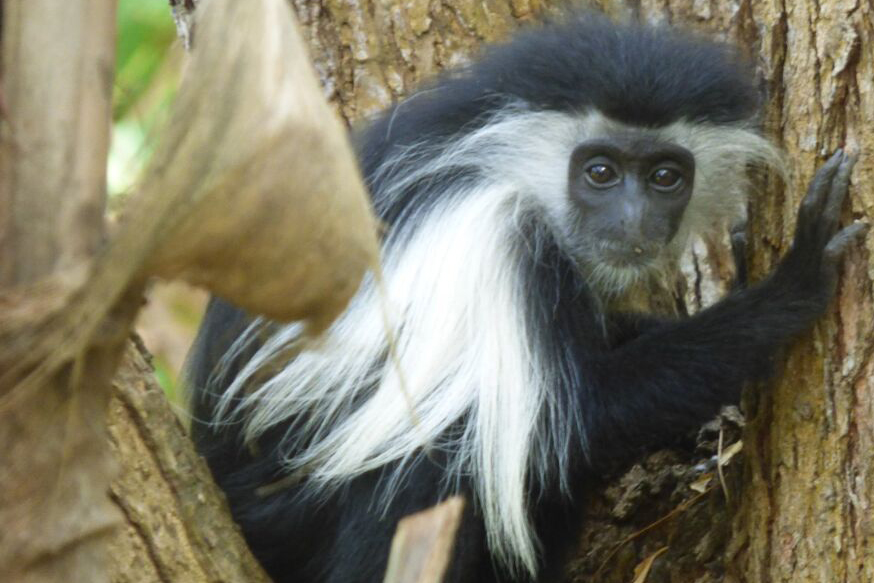
A young Angolan Colobus residing at Colobus Conservation in Kenya, a PASA member that rescues monkey species such as baboons, sykes and vervets.
Next Posts
Ngamba Island Celebrating Its 20th Anniversary
Two decades of rescuing and protecting endangered chimpanzees.
Gorilla Experts Highlight Santa Barbara Workshop
Two champions of gorilla conservation share valuable lessons on how to preserve gorillas in the wild and protect those orphaned.
Veterinarian for PASA Sanctuary also Helping to Save a Species
Time is running out to prevent the northern white rhino from disappearing forever.
New Research Shows that Government Funding for Conservation Makes an Important Impact
A new study has produced extensive empirical data to show that government funding for conservation has significantly slowed the rate of global biodiversity loss.
Breaking News: Study Finds Common Cold Virus Deadly to Chimpanzees
In a groundbreaking study, researchers discovered the first evidence of a common human cold virus infecting another species.
Welcoming the Newest PASA Member: Parc de la Lékédi
Located in Gabon, Parc de la Lékédi is a sprawling 34,600-acre park, representing both savannah and forest habitat and home to hundreds of different species of plants and animals.
Tragedy Strikes an Orphaned Chimpanzee
Four men were arrested trying to smuggle an infant chimpanzee out of Cameroon. Unfortunately, help arrived too late to save the traumatized animal.
23 Vervet Monkeys Need Your Help to Return to the Wild!
Returning animals to the wild can be a complicated and risky venture, particularly with highly intelligent, social animals.
Violent Retaliations to Conservation Efforts Are Escalating
Famed elephant conservationist Wayne Lotter was in a taxi in Dar es Salaam, Tanzania when armed men stopped his vehicle and fatally shot him.
PASA Sanctuaries Receive Generous Medical Donations from Non-Profits
Worldwide Veterinary Service, Project VETS, International Veterinary Care, Inc. and Lion Country Safari generously contributed medical supplies that PASA member sanctuaries urgently need.

